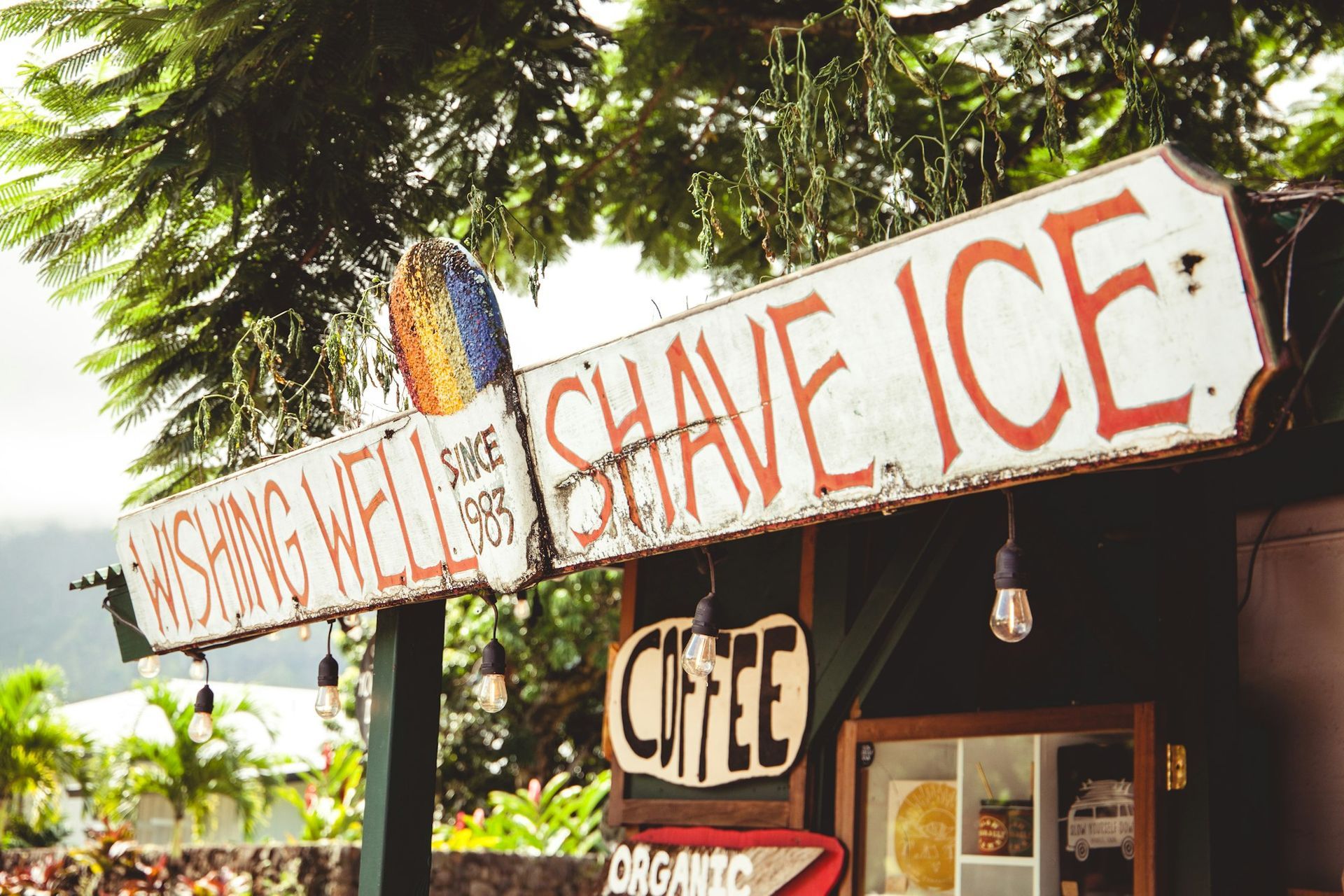The Expanded Search Landscape: SEO Reimagined

Let's be honest about something: SEO as we've known it is ending. Not dying—evolving into something more complex, more fragmented, and ultimately more human.
The comfortable narrative of "rank on Google, win the internet" has quietly unraveled. We just haven't fully acknowledged it yet.
Search Happens Everywhere Now
A 19-year-old looking for fashion inspiration doesn't start on Google. They open TikTok or Instagram. A home cook seeking a new recipe might ask Alexa or scroll Pinterest. Someone researching software solutions checks Reddit for unfiltered opinions or watches comparison videos on YouTube.
These aren't edge cases. They're the new normal.
Facebook has more searches daily than Bing. Instagram processes over a billion searches per month. Amazon sees more product searches than Google. TikTok's search volume grows exponentially while Google's share gradually declines.
The monopoly is over. Search has been democratized.
What This Actually Means For Your Business
This fragmentation requires a fundamental rethinking of what "optimization" means:
Different platforms reward different content types. A perfectly optimized Google page might be invisible on TikTok. A viral Instagram post might never rank in traditional search.
Audience intent varies dramatically across platforms. Someone searching "best coffee maker" on Google wants different information than someone searching the same phrase on Amazon or Pinterest.
Platform-specific language patterns matter. The vocabulary, structure, and tone that works on one platform often fails on another.
The businesses thriving in this new landscape understand something crucial: they're not optimizing for search engines anymore. They're optimizing for discovery, regardless of where it happens.
The New Optimization Framework
Modern search optimization requires a platform-agnostic approach built on four pillars:
Audience-centered content that addresses real questions, concerns, and interests—not just keywords.
Platform-appropriate formats that respect how information is consumed in different environments.
Strategic visibility across multiple search ecosystems rather than dominance in just one.
Authentic expertise that stands out regardless of the algorithm or platform.
This approach recognizes that the goal isn't ranking—it's being found when and where your audience is looking.
What You Should Actually Do About This
First, expand your definition of "search." Your audience is searching everywhere. Where are you showing up?
Second, conduct platform-specific research. What questions, terms, and formats dominate the platforms where your audience spends time?
Third, create content ecosystems, not isolated assets. How does your YouTube content connect to your website? How do your Instagram posts lead to your long-form content?
Fourth, measure discovery, not just traffic. Traffic without context tells you little about whether you're being found by the right people at the right time.
Beyond The Algorithm
The fragmentation of search creates a paradox: optimizing for algorithms matters more than ever, but focusing solely on algorithms guarantees failure.
The most successful approach combines technical rigor with human insight. It respects the nuances of each platform while maintaining a consistent core that reflects your actual expertise.
The days of treating SEO as a separate, technical discipline are over. In a world where search happens everywhere, optimization becomes inseparable from your fundamental communication strategy.
And that's ultimately good news. Because when you stop optimizing for Google and start optimizing for the actual humans trying to find you—wherever they're looking—everything else tends to fall into place.





